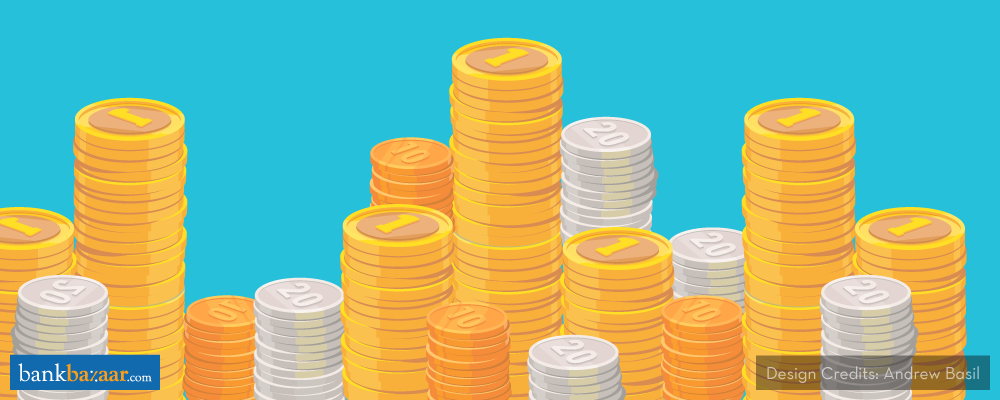
The 7th Pay Commission restructured the salaries, arrears, and other benefits of government employees. This means more disposable money in the hands of a huge number of employees serving in government and government-run units.
The stock markets too rose in anticipation of more money in the market resulting in improved demand and thus business.
An infusion of money into your current budget is welcome. It gives you the freedom to indulge yourself a little more. But it also gives you the opportunity to boost your investment portfolio.
It is imperative for employees benefiting from the 7th Pay Commission to restructure their investment and insurance options to make the best use of increased salary and arrears. Long-term goals such as retirement funds, increasing insurance cover, and planning for future expenses and major life events should be your priority.
Traditional pension schemes may not be able to tackle inflation, therefore it’s important to put away a little more money in smart investment options that would help your corpus grow quicker. The burden of a comfortable retired life rests with you, and therefore you must keep track of your investments to get more bang for your buck.
In this article, we will discuss some financial investments you could go to.
Public Provident Fund: If you had been considering opening a PPF account, now may be a good time. Most investors opt for the EPF (Employee Provident Fund) because their employers make this selection for them. But the PPF is an equally good investment tool – one of the safest and smartest options for conservative investors. Its interest rate has been recently reduced to 8.1% from April 2016. What that means is that an annual investment of Rs. 1 lakh for 15 years would create a corpus of Rs. 31 lakh.
Mutual Funds: Mutual Funds are one of the best available investment instruments. There is a plethora of funds – one for every investment need or risk appetite. For conservative investors, you have pure bond funds that invest in risk-free high-grade bonds launched by corporates and the Government and its agencies. For aggressive investors, there are pure equity funds, which invest heavily in the stock market. There are funds that fall in between those two extremes: balanced funds, for investors who want to take advantage of high market returns but also want a degree of safety. Young investors should invest in equity. Investors in their late 30s and 40s can think of balanced funds. People closer to retirement age should go for bond funds.
Insurance: With a bump in your pay, you should also look to upgrade your insurance cover, or at least get some cover if you haven’t already. Your search for insurance should start with a life and health cover. Make sure you have policies that adequately cover you and your dependents in a manner that does not strain the family’s finances in the event of your death or illness requiring hospitalisation.
Gold: The shiny yellow metal is a great investment tool during times of economic certainty. The growth of the world economy does not inspire confidence in long-term growth of the stock market. Gold may not always provide explosive growth but is considered to be one of the safest long-term investment options.
Settle your debts: An increase in pay is a great opportunity to rush towards settling existing debts. If you are servicing long-term loans for home or car, it may be a good time to increase your EMI or make principal pre-payments in order to reduce your debts. Doing so would prepare you for any situation where you are not in a position to pay your EMIs in a timely manner.
Any investment comes with its own risk and investors must be aware of them. Most investments that have potential to give high returns (such as equity) could also result in major losses. At the same time, investments with low risk provide consistent moderate returns and safety of capital. Choose your investment as per your risk profile.
Additionally, your investment horizon plays a part in the return. Any investment that is associated with equity (such as equity funds, or balanced funds) tends to fluctuate in the short term but may give good returns in the long run.
For assets such as bonds and bank deposits, the returns are usually fixed and do not get affected by the investment horizon. A few of them have lock-in periods, though. Understand the lock-in period and the penalty associated, if any, before you close the investment.